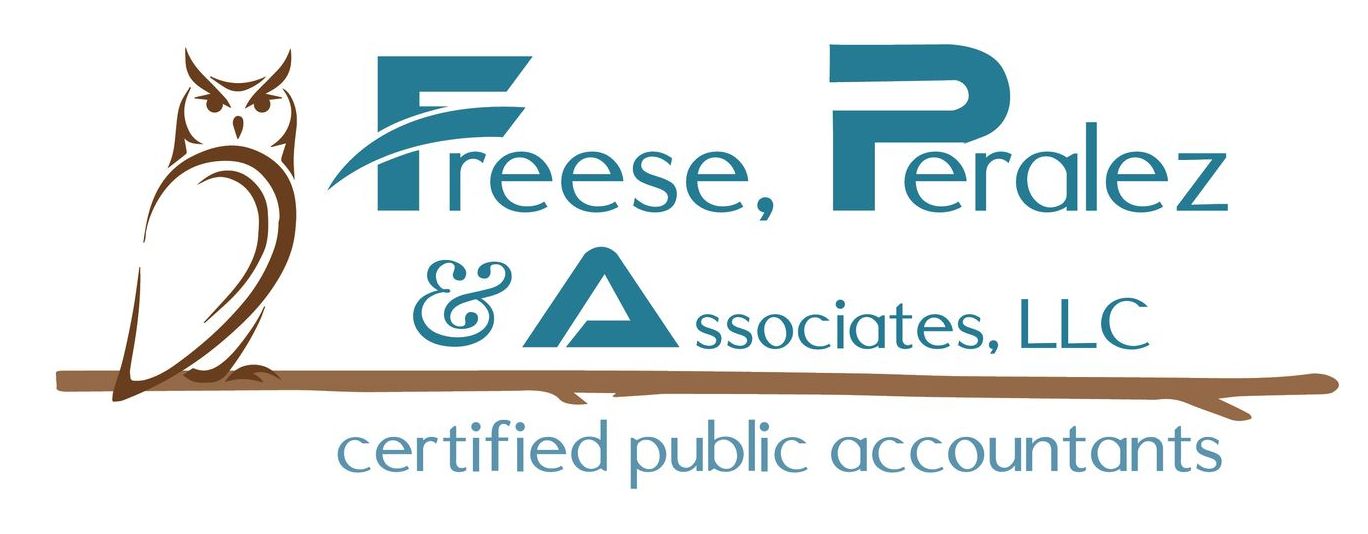One Way to Secure Your Child’s Inheritance in an Uncertain Tax Future
One Way to Secure Your Child’s Inheritance in an Uncertain Tax Future

Unlocking the Power of Intentionally Defective Grantor Trusts (IDGTs) for Wealth Transfer: Learn how these powerful tools can help high-net-worth individuals preserve generational wealth, shield heirs from unnecessary taxation, and ensure a smooth legacy transition.
High-net-worth individuals are concerned about distributing wealth to heirs while minimizing taxation, leading to interest in estate planning strategies. Federal gift and estate tax laws currently allow substantial wealth transfer, but these favorable provisions might expire after 2025. The use of grantor trusts, specifically Intentionally Defective Grantor Trusts (IDGTs), is a powerful tool for wealth transfer. IDGTs involve selling assets from an estate to a trust, removing them from the taxable estate. Assets in the trust grow without incurring estate taxes, benefiting heirs. IDGTs are particularly effective for appreciating assets and can work with income-generating properties. Family-owned businesses, including S corporations, can utilize IDGTs to transfer ownership and shield personal assets. IDGTs provide dual benefits: reducing estate assets subject to taxation while offering cash flow through installment payments. To prevent complications if the grantor dies during the installment period, a self-canceling installment note (SCIN) can be employed. Although the term "intentionally defective" may raise concerns, IDGTs are legal when properly established. Expert guidance is crucial to navigate the complexities and ensure compliance with IRS regulations. Consultation with financial professionals and estate planning attorneys is advised to create a well-structured IDGT strategy aligned with individual needs. For more information click the link!
















